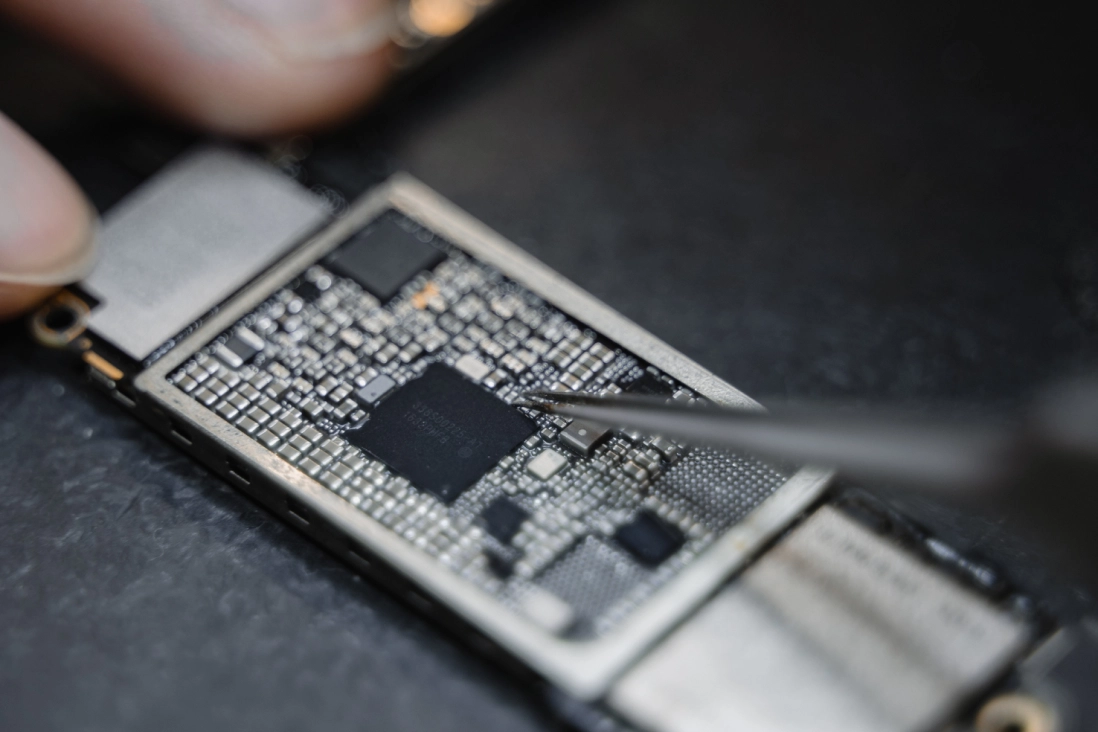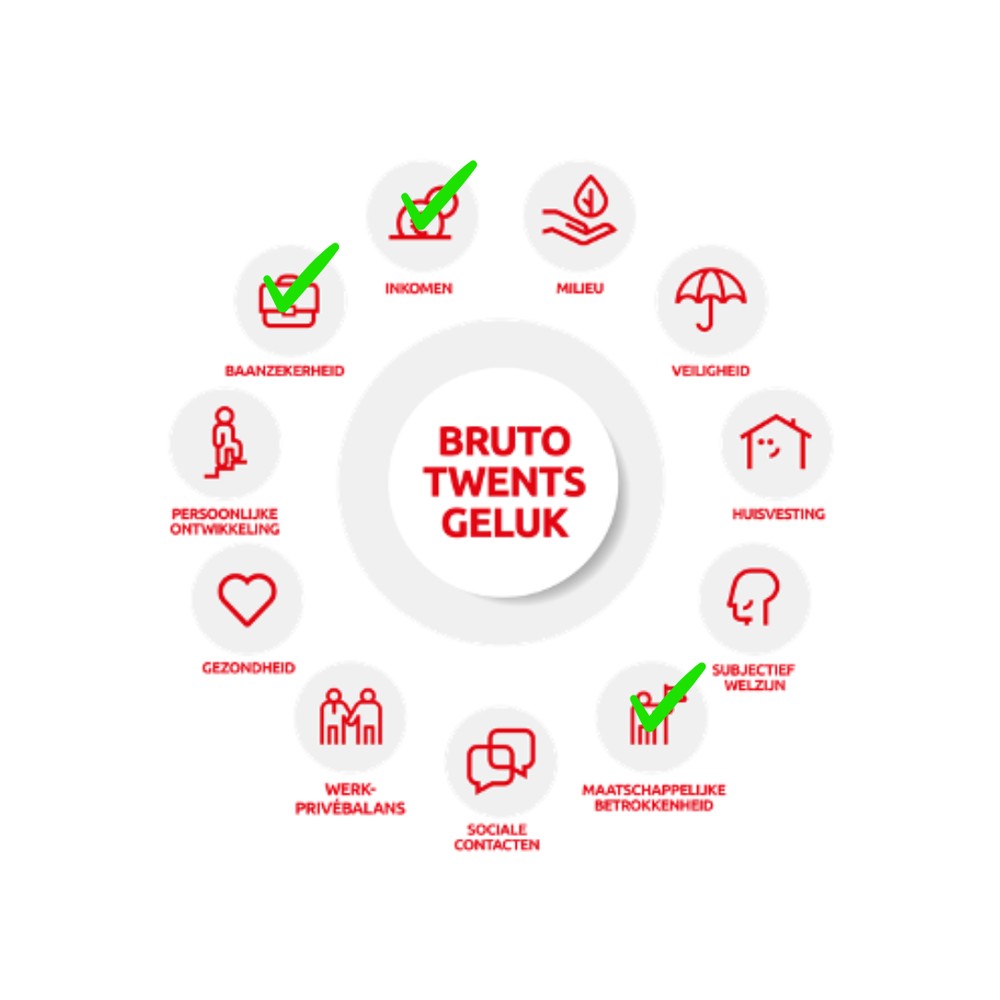
ChipTech Twente
You can hardly crack open an electronic device without there being a piece of chip inside that was designed in Twente. Currently, Twente is researching the chips of the future.
Chips are becoming increasingly important in our society. They are essential components in nearly all our devices at home, as well as in cars, medical equipment, modern manufacturing processes, and security systems.
"Twente holds a unique global position in chip design," says Timo Meinders, Business Director of the MESA+ Institute at the University of Twente. "We are internationally renowned as one of the top chip designers. This is partly due to a strong research group led by Professor Bram Nauta. High-quality facilities like the MESA+ NanoLab and a robust industry in chip design, photonics, and microfluidics have also contributed to a powerful ecosystem in Twente around chip technology. But we need to take a step forward to maintain this unique position. That’s why knowledge and educational institutions, together with the Twente business community, joined forces in the summer of 2022 within ChipTech Twente to make a significant contribution to the next generation of chips.”
Combining Technologies
Timo Meinders explains the mission of ChipTech Twente: “We aim to explore whether we can combine various technologies, such as microelectronics, photonics, nanotechnology, quantum, and microfluidics, into heterogeneous systems. We believe that combining these technologies is the future.”
Tim Tiek, appointed as general manager, adds: “These new chips can enable completely new applications, such as a COVID-19 test via saliva analysis on your smartphone, developing Alzheimer’s treatments by simulating the brain on a chip, or helping self-driving cars to ‘see’ their surroundings optimally. These are just a few examples of the countless possibilities that we’ll soon be able to achieve.”
In addition to developing a research programme for chip design and heterogeneous chip systems, ChipTech Twente is also investing in training sufficient talent and establishing a strong PR and lobbying strategy. ChipTech Twente is also creating a vision for a factory where heterogeneous systems can be tested and manufactured.
Collaboration
“To truly realise this ambition, we need to invest in retaining and attracting talent, companies, and economic activity. We want to strengthen the entire chain by collaborating on new research programmes. If there’s anywhere technology can be combined into new products and systems, it’s here. In addition to the advanced knowledge we possess, there is enormous energy among the companies and all other parties involved. We’re going to achieve this together!” says Tim Tiek enthusiastically.
Within the Twente ChipTech cluster, major steps have already been taken, and together with national partners, it is preparing for a national strategy in semiconductors, photonics, and quantum. This means the cluster is entering a new phase, requiring different focuses in the composition and implementation of the team. The most significant change is that general manager Tim Tiek is passing on his expertise to an operational team to bring the ambitions and strategic course to life.
EU Chips Act
This project is also a response to the EU Chips Act, through which Europe aims to reduce its dependence on Asia and the US. This can be achieved by building on existing strengths, investing in robust talent programmes, and developing first-of-their-kind industries, such as a foundry and the heterogeneous systems research programme. “Twente is eager to contribute here. Especially Twente, because in chip design and heterogeneous systems, Twente is among the top in Europe. It’s logical that Twente should further develop its position in this area,” concludes Timo Meinders.
Want to know more?
Contact Marieke Stokkelaar
M: m.stokkelaar@chiptechtwente.com

Gross Twents Happiness
Which indicators does the ChipTech Twente project contribute to?
✓ Income
✓ Job security
✓ Community engagement
